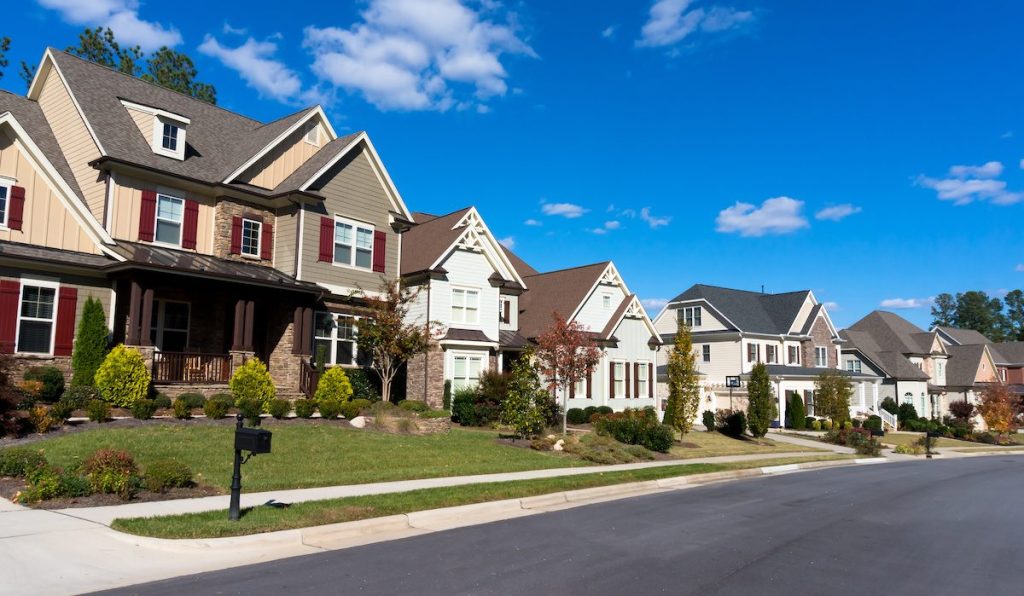After eight months of consecutive gains, the consequences of low inventory finally caught up with the housing market in February. Tightened supply was largely responsible for a 10.6% drop in the number of homes in contract from the prior month, according to new data from the National Association of Realtors.
The NAR’s pending home sale index managed to fall below 100 in the Northeast (92.3) and West (96.9) in February, while the South and Midwest also experienced declines but managed to stay above the 100 mark, at 133.2 and 102.4, respectively. An index of 100 is equivalent to the level of pending sales in 2001.
Gradually increasing mortgage rates, heightened home prices and inventory levels at historic lows finally coalesced in February to depress in-contract deals. Although existing home sales dipped 6.6% in February, sales were still 9% higher than a year ago with just two months supply left to choose from. A healthy housing market is considered roughly six months of supply.
“The demand for a home purchase is widespread, multiple offers are prevalent, and days-on-market are swift but contracts are not clicking due to record-low inventory,” Lawrence Yun, NAR’s chief economist, said in a statement. “Only the upper-end market is experiencing more activity because of reasonable supply.”
Nationally, homes priced above $250,000 have largely been driving home sales for the last several months. However, Yun indicated that even homes priced between $500,000 and $1 million are subject to the same low-inventory drama.
How lenders can prepare for growing fraud threats
As origination volumes hit record highs in 2020, Truework’s verification experts saw a spike in fraud, and expect that trend to continue this year. HousingWire recently spoke with Jeffrey Morelli, General Manager of Truework Verifier, about what lenders can do to prepare for and overcome the growing threat of fraud and data inaccuracy.
Presented by: Truework
In February, the median existing-home price for all housing types averaged closer to $313,000, up 15.8% from Feb. 2020. This national price jump also marked 108 straight months of year-over-year gains — that’s nine years of home prices not backing down, though flurried pandemic demand didn’t help to cool those numbers.
“Potential buyers may have to enlarge their geographic search areas, given the current tight market,” Yun said. “If there were a larger pool of inventory to select from – ideally a five- or a six-month supply – then more buyers would be able to purchase properties at an affordable price.”
However, at its current pace, many economists aren’t expecting a slowdown in prices or demand. More signs of an improving economy means more reason for families to look forward to a new home, a new state, and a bigger space. Stimulus checks and drops in unemployment means Americans are more likely to have been saving money, and there’s a strong possibility that once the country fully reopens, those reserves will be unleashed on the economy.
“Only higher rates will result in more days on the market and thus larger inventory,” said Logan Mohtashami, HousingWire’s lead analyst. “We need these two things in order for buyers to have more choices and more reasonable price growth. Again, the question remains if rates will get high enough to have this effect on the market before more price damage is done. Right now home prices aren’t high enough to impact demand in a major way.”





